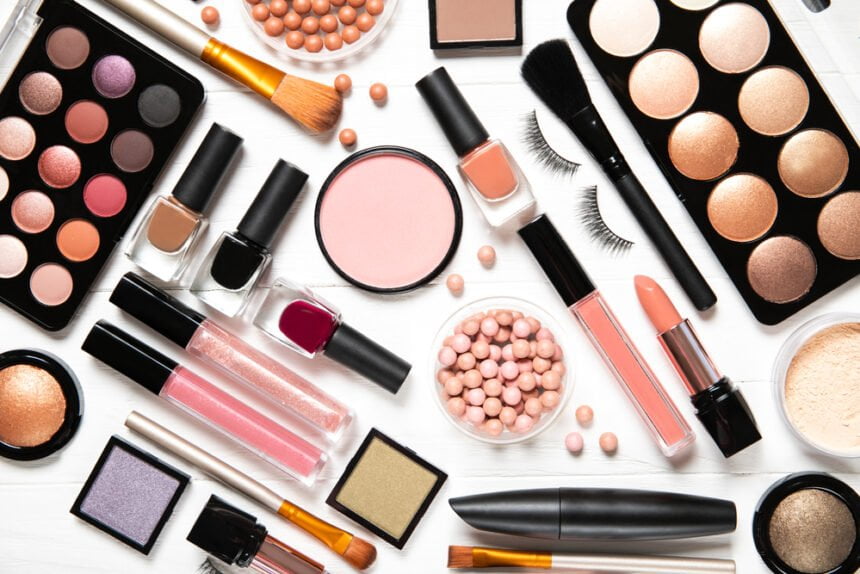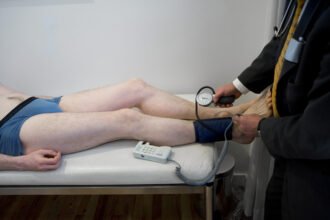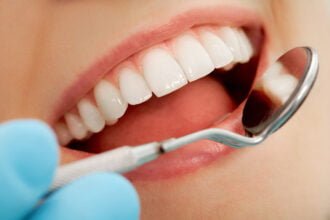Many people don’t think of cosmetic surgeries or other beauty hacks as being important for our health. These things are often considered superficial aspects of our lives that have little bearing on our well-being. However, there are actually a number of reasons that cosmetic beauty tips, such as preventative aging can be good for our overall health.
We talked about how beauty jobs are helpful for mental health. The biggest benefit is that they help our mental health, since we will feel more confident and can be more successful. Let’s face it, many people judge us by our looks, which can affect many areas of our lives such as dating and career prospects. This will inevitably impact our mental health.
However, there are precautions that we need to take. Cosmetic procedures don’t have to harm our health, but some will. You need to be smart about using them.
The last decade or so has seen many changes, not just globally, but also in terms of technology. In particular, advancements in social media such as beauty filters have had both negative and positive effects on the way people perceive their personal appearance, and approaches to undergoing procedures like cosmetic surgery.
In contrast to the various body positivity and body neutrality movements seen on social media there has also been increased exposure to hyper-realistic images of idealized beauty. While many users are able to view these (often heavily edited) images with a degree of discretion, much in the same way photoshopped images used to be; they can still lead to unhealthy comparison and potential body issues.
Prevention or Problem?
One key aspect to this has been the way in which the beauty industry has cornered the market for “preventative” anti aging treatments in young people. However, cosmetic surgeons like Dr. Byun at Chicago Cosmetic Surgery argues treatments at this age are not necessarily a good idea,
Speaking to PR Newswire in 2019, the doctor warned that early and frequent use of procedures like filler and botox could lead to problems later on such as deflation of the skin due to dissolved fillers and fatty packets forming under the eyes as the result of fat grafts.
Keep Young and Beautiful
While this was said in reference to millenials, Gen Z have now become the latest targets in preventative anti-aging marketing. As the primary users of social media, gen z now are being exposed to this type of advertising in a way that previous generations were not.
The reasons for this are complex and multifaceted. Besides increased exposure to idealized and unrealistic images, there has also been a noticeable shift in attitudes towards aging and death, despite age-positive creators on social media attempting to counter this.
What Changed?
While this was true for young people in 2016 (research from Mintel found that 57% of US Millennials were afraid to grow old.), since 2020 the nature of this issue has altered drastically due to the COVID-19 pandemic, which for many exacerbated pre-existing fears about death, illness and aging – particularly in younger generations who felt they lost the opportunity to feel carefree.
While millenials are frequently labeled with “Peter Pan syndrome” (or an unwillingness to grow up), the fears expressed by gen z about growing older revealed the truth behind what some might dismiss as a case of arrested development: namely a fear of sickness and the ways in which time appeared to be passing ever-more rapidly.
Age-Old Fears, New Problems
Many of these insecurities are the type that teenagers and young people have had across the generations: feeling out of control with life, sadness about leaving childhood behind and fears of becoming older (in addition to intergenerational conflicts) have always been a part of growing up, but as times and technology have changed, these fears have become more apparent.
Attitudes towards aging have been encapsulated by the use of AI filters on social media designed to make faces appear older. Some users react positively, describing their resemblance to a lost grandparent or their hopes for the future, while others express fear and even disgust.
What’s Behind the Fear?
Some argue that the current obsession with aging on social media amongst millenials and gen z has to do with underrepresentation – but the truth is more nuanced: in the case of content curation platforms like Tiktok, users are less likely to see them if they are only interacting with other people in their age bracket.
The majority of fears stem from uncertainty and a lack of available information (in this case gerascophobia, or the fear of aging) was precipitated by assumptions and stereotypes in place of potentially reassuring advice from older generations about the realities of getting older.
Mirror, Mirror
Ideally, the decision on whether to get cosmetic surgery should be down to the individual, not driven by pressure to conform or marketing ploys that prey on people’s insecurities, many of which relate to long standing societal issues.
While social media is frequently referred to as a mirror, its more recent effects also reflect societal issues contributing to ageism, including the message that a woman’s personal value and attractiveness equates to youth.
Anti-Anti-Aging
The term “anti-aging” is something of a contradiction. Nothing can permanently reverse the aging process, despite the many claims made by cosmetics companies over the years. Some brands have since removed the “anti-aging” label from their products, including The Body Shop, in stark contrast to the advice once given by founder Anita Roddick, who suggested not smiling as a way to prevent wrinkles.
(Don’t) Smile for the Camera
The trend for remaining expressionless in the name of beauty has resurfaced on social media amongst users attempting to maintain smooth and youthful skin. Other strange (and potentially health-hazardous) suggestions appear, from taping one’s mouth shut to drinking from “anti-wrinkle” straws.
However, the backlash has already begun: in the form of “core-core” compilation TikToks of viral “skinfluencers” (often soundtracked with music from horror movies to highlight the more disturbing aspects of body fixation), but also in ways intended to raise a wrinkle-inducing smile, like the “pro-aging” videos where content creators purposefully grimace and purse their lips to drink from ordinary straws.
Caring for Young Minds
For many, cosmetic surgery in young people is a contentious issue. While some argue it can help to improve self esteem, others have concerns over the potential effects on young developing bodies and unqualified surgeons offering surgical procedures at a cheap price to teens on low incomes, in addition to possible regrets about getting the surgery
The latter can be attributed to a lack of awareness about the mental and emotional aftereffects on young people. Where some see a way to directly address the issue, it doesn’t take into account any of the potential underlying issues that may be hiding under the surface.
Asking the Important Questions
As more people were confronted with images of themselves, age-old questions surrounding beauty and self-perception were also being scrutinized, such as: if we do get cosmetic surgery, is it truly for ourselves, or to conform to current beauty standards?
Arguably, this is what the decision to get cosmetic surgery hinges on: whether it’s born of a desire to alter one’s physical appearance because it feels beneficial, or whether it could be an attempt to address underlying issues that would be better addressed by a therapist, rather than a surgeon.










